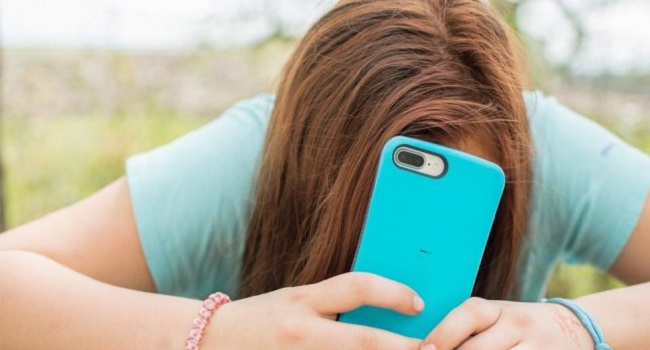- Latest news▼
-
18:00, April 18 Daily Mail: Elderly woman in China gets infected with brain-eating amoeba

-
14:19, April 18 Obesity: exercising before breakfast helps you lose weight faster

-
10:42, April 18 The Conversation: childhood trauma can cause pathological hoarding

-
08:37, April 18 Daily Mail: Satiating food reduces cravings for sweets, nutritionist says

-
18:22, April 17 First Armenian-German Conference entitled “Heart Failure Spring School”

-
08:38, April 17 Why do kids usually recover from COVID-19 more easily than adults?

-
14:37, April 16 Daily Mail: intermittent fasting is not suitable for children and women before their periods

-
16:41, April 15 Cell: in carriers of defective BRCA2 gene, sugar consumption increases cancer risk

-
15:04, April 15 305 cases of measles recorded in Armenia so far in 2024

-
14:38, April 15 Food and Environmental Virology: tea contributes to effective coronavirus control

-
12:41, April 15 Daily Mail: vitamin A, B3 and E supplements can be dangerous

-
10:56, April 15 Diabetes Care: evening physical activity is good for the heart

-
08:27, April 15 Women are more susceptible to blood loss and death during bypass surgery than men, researchers say

-
18:42, April 13 WHO: Nigeria pioneers revolutionary meningitis vaccine

-
16:43, April 13 One-third of women experience menstruation-related migraines, most often during premenopause - study

All materials
More than 40% of teens can't tell difference between authentic online medical content and misinformation

A new study shows that teens have a hard time distinguishing between fake and true health information. Only 48% of participants trusted trustworthy health messages more than fake ones. Meanwhile, 41% considered fake and truthful neutral messages equally trustworthy, and 11% considered truthful neutral health messages less trustworthy than fake ones, Frontiers in Psychology writes.
"During the COVID-19 pandemic, there was an explosion of health misinformation," said principal investigator Dr. Radomir Masaryk of Comenius University. "Because teenagers use the Internet a lot, we usually expect that they already know how to approach and evaluate information online, but the opposite seems to be true."
Most of the research on message validity has focused on adults. In the new study, however, Masaryk and colleagues found out whether teens can handle a lot of fake health news online.
Health misinformation is a serious public health problem, with fake health news increasingly appearing on social media platforms in the past few years. Previous research has shown that online health messages are largely incomplete and inaccurate and contain potentially harmful information, the study authors said.
Follow NEWS.am Medicine on Facebook and Twitter
- Video
- Event calendar
- Archive
- Most read
month
week
day
- Pediatrics: Hypoglossal nerve stimulation implant helps with sleep apnea 1354
- Health minister: Simulation educational center will be created, assisted reproductive technology capacity will increase in Armenia 1311
- WHO: Nigeria pioneers revolutionary meningitis vaccine 1164
- One-third of women experience menstruation-related migraines, most often during premenopause - study 1132
- Women are more susceptible to blood loss and death during bypass surgery than men, researchers say 901
- Daily Mail: vitamin A, B3 and E supplements can be dangerous 880
- Food and Environmental Virology: tea contributes to effective coronavirus control 880
- Cell: in carriers of defective BRCA2 gene, sugar consumption increases cancer risk 849
- 305 cases of measles recorded in Armenia so far in 2024 843
- Diabetes Care: evening physical activity is good for the heart 833
- Daily Mail: intermittent fasting is not suitable for children and women before their periods 658
- First Armenian-German Conference entitled “Heart Failure Spring School” 449
- Why do kids usually recover from COVID-19 more easily than adults? 311
- Obesity: exercising before breakfast helps you lose weight faster 295
- The Conversation: childhood trauma can cause pathological hoarding 291
- Find us on Facebook
- Poll





